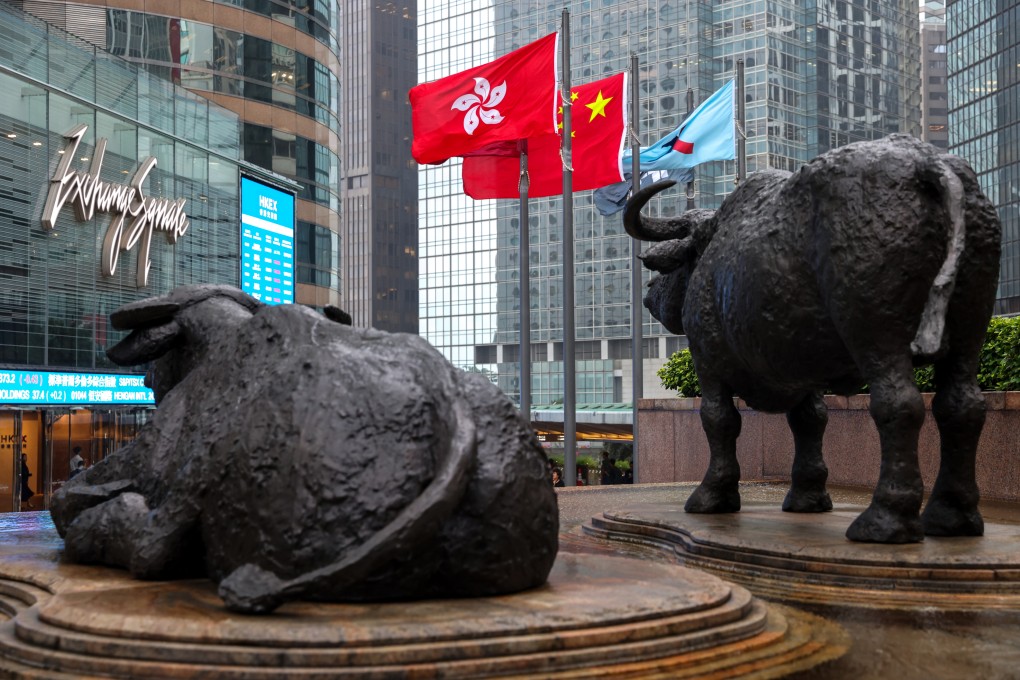My Take | Vigorous debate needed before passage of new security laws
- Care must be taken to ensure the legislation does not undermine Hong Kong’s aspiration to be an energetic city with an international reputation

Last month marked the 20th anniversary of the Hong Kong government’s surprise shelving of well-advanced plans to pass new national security laws.
Since then, successive leaders have said the legislation, required by Article 23 of the city’s Basic Law, would be enacted when the time is right. Now, it seems, that time has come.
Chief Executive John Lee Ka-chiu pledged in his policy address on Wednesday that the legislative process would be completed next year. This will end one of the city’s biggest and longest-running controversies.
The laws, on treason, secession, sedition, subversion, state secrets and links with foreign political organisations, were once dubbed “a ticking time bomb” amid fears about their impact on freedoms. A peaceful protest of about 500,000 people on July 1, 2003, prompted the withdrawal of the bill.
This time will be different. The landscape has changed dramatically in recent years. Beijing passed its own sweeping national security law for Hong Kong in 2020, in response to months of civil unrest the previous year.
National security has been thrust to the forefront of Hong Kong affairs. Opposition figures have been arrested, a new “patriots-only” political system introduced and a national security education drive launched. After all this, the need for even more laws might be questioned. But the national security law itself confirmed the requirement for Hong Kong to comply with Article 23 “as early as possible”.
